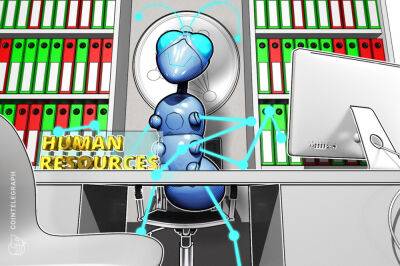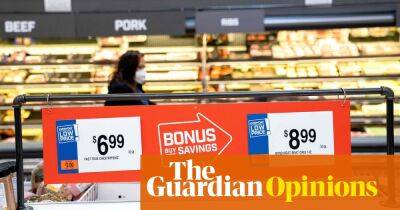HomeServe’s recent share price drift makes its buyer look opportunistic
No question about it: Richard Harpin, chief executive of HomeServe, has an uplifting tale to tell about entrepreneurial success in the unfashionable business of fixing pipes and boilers and selling parallel insurance policies via utility companies.
He co-founded the business in 1993 with £500,000 of backing from South Staffordshire Water. Now HomeServe has 9,000 staff in 10 countries. Agreeing a £4.1bn sale – or £4.8bn including debt – to Canadian property and infrastructure giant Brookfield is an achievement and a half. Harpin will see his stake valued at £300m and his wife’s at almost £200m.
Yet it’s hard to describe the takeover terms as supremely generous given how far HomeServe had already travelled during its 18 years on the London stock market, a period in which it paid £800m in dividends to shareholders. Yes, at first glance, a 71% premium to the share price before the Canadians turned up in March looks lovely. But it’s also true that HomeServe’s shares had traded above the take-out price of £12 a share before Covid. This is not a case of going out on a high.
The pre-Brookfield drift in the shares seems to have been caused by little more than a sense that lockdown is over, that repairs insurance is a deferrable purchase and that tradespeople are in short supply for HomeServe’s Checkatrade platform. Nothing fundamental, in other words. As the document put it: “HomeServe has emerged from the Covid pandemic with all three business divisions performing strongly and well positioned for continued growth.”
So why sell? There may be a clue in Harpin’s reference to how Brookfield is “committed to providing long-term capital”. If that was a dig at short-termist fund managers, it seems a little unfair on this occasion.
Read more on theguardian.com


![Is the $20-level next for ‘oversold’ Solana [SOL]](https://finance-news.co/storage/thumbs_400/img/2022/6/16/29921_uho13.jpg)

















